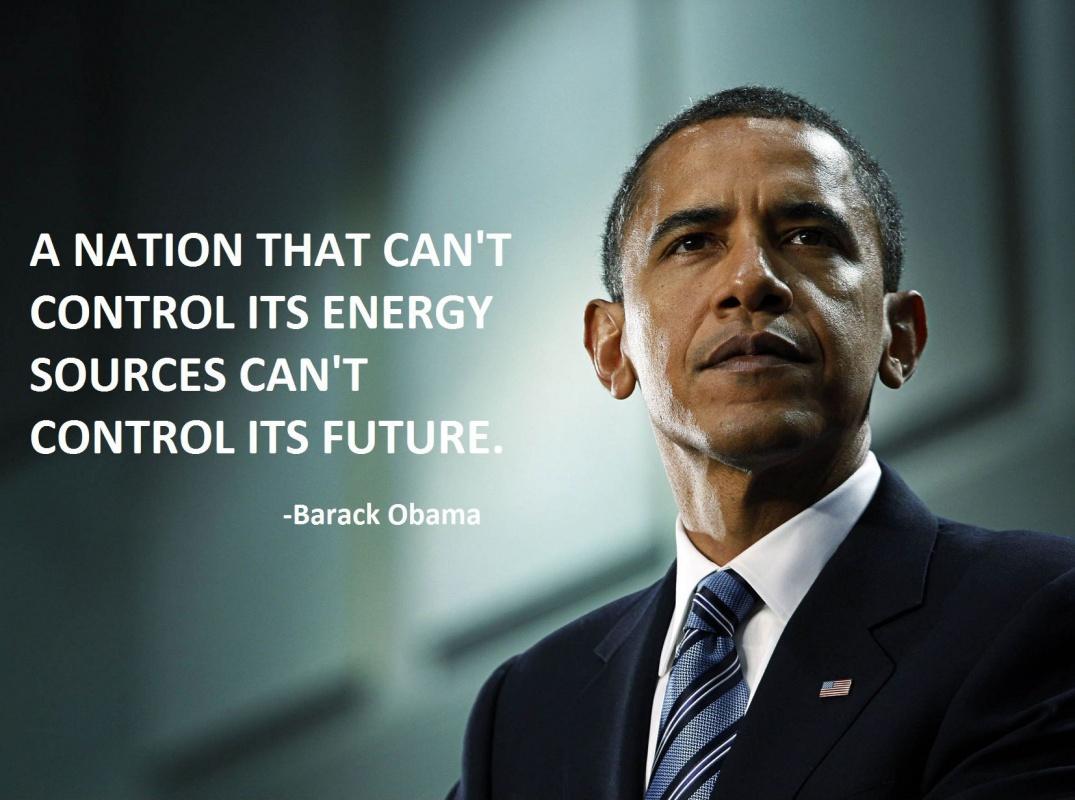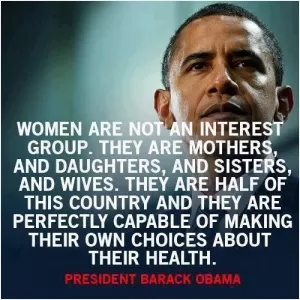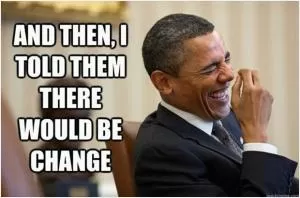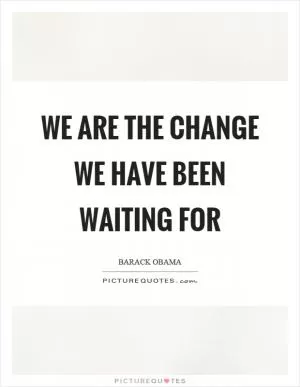A nation that can't control it's energy sources can't control it's future

A nation that can't control it's energy sources can't control it's future
During his presidency, Barack Obama made significant strides in promoting renewable energy sources and reducing the nation's dependence on fossil fuels. He understood the importance of controlling the nation's energy sources in order to secure a sustainable future for generations to come.Obama recognized that a nation that relies heavily on finite and environmentally damaging energy sources such as coal, oil, and natural gas is vulnerable to fluctuations in global markets, geopolitical tensions, and the devastating impacts of climate change. By investing in renewable energy sources like wind, solar, and hydroelectric power, Obama aimed to create a more resilient and self-sufficient energy infrastructure that would not only reduce the nation's carbon footprint but also create jobs and stimulate economic growth.
Under Obama's leadership, the United States saw a significant increase in renewable energy production and a decrease in greenhouse gas emissions. He implemented policies such as the Clean Power Plan, which aimed to reduce carbon emissions from power plants, and the Paris Agreement, which committed the U.S. to reducing its greenhouse gas emissions in line with global targets.
Obama also championed the development of clean energy technologies and infrastructure, such as electric vehicles and energy-efficient buildings. By investing in these technologies, he sought to reduce the nation's reliance on imported oil and create a more sustainable energy future.
However, Obama faced significant opposition from the fossil fuel industry and climate change skeptics, who argued that his policies would harm the economy and cost jobs. Despite these challenges, Obama remained steadfast in his commitment to transitioning the nation towards a cleaner and more sustainable energy future.












 Friendship Quotes
Friendship Quotes Love Quotes
Love Quotes Life Quotes
Life Quotes Funny Quotes
Funny Quotes Motivational Quotes
Motivational Quotes Inspirational Quotes
Inspirational Quotes